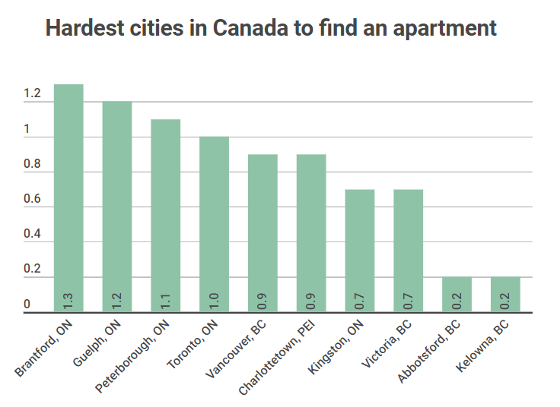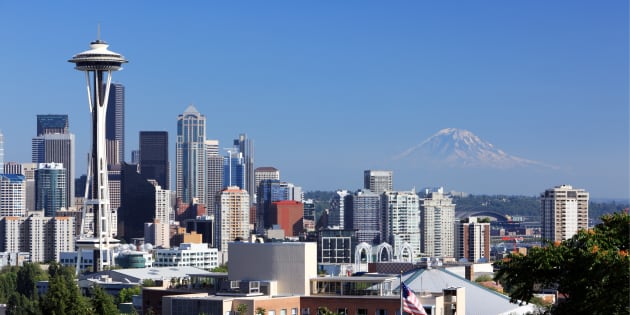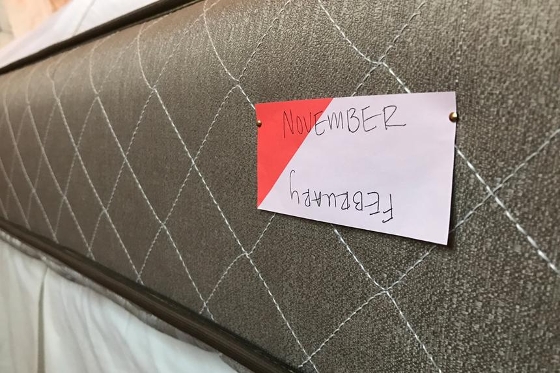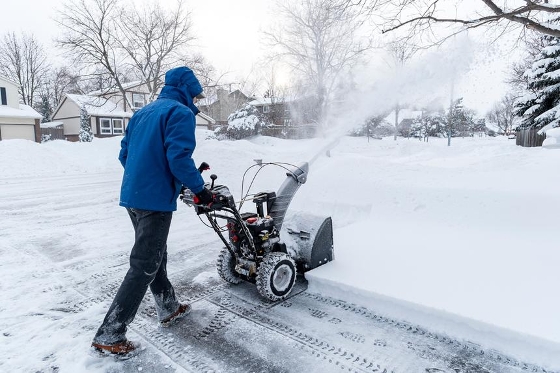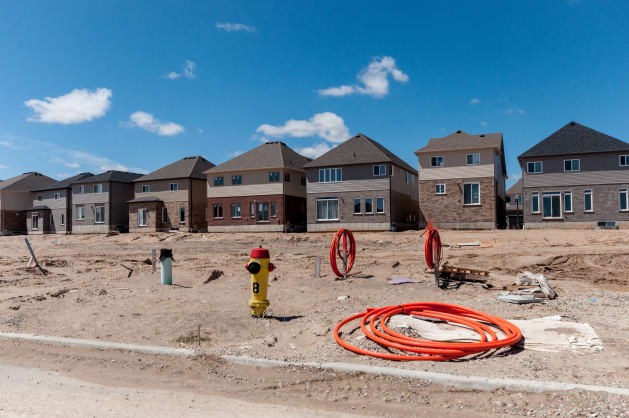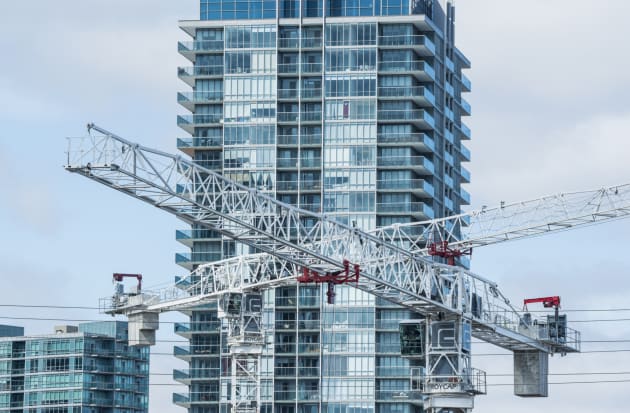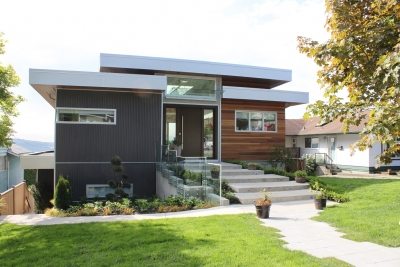Original article HERE
If home buying is on your to-do list in 2018, there are some tasks to tackle before you hit the streets. Admittedly, many of these New Year’s Resolutions relate to finances, and rightly so. A home is likely the biggest investment you’ll make in your lifetime, so here are five New Year’s Resolutions that you’ll definitely want to keep this year.
START SAVING FOR YOUR DOWNPAYMENT
This is arguably the biggest, most difficult and most time-consuming part of the home buying process. This about it - the avergae home in Canada costs $504,000. To avoid taking out a high-ratio mortgage, you'll need at least 20 per cent down payment, or $100,800. It's important to start thinking about how you will come up with the money - wehter it's using your RSPs through the first-time Home Buyer's Plan, savings, or financial help from the Bank of Mom and Dad.
CHECK YOUR CREDIT RATING
This one's important, because your potential mortgage lending will be doing the same. A credit score is a number between 300 an 900 that rates your credit worthiness. According to credit-rating company Equifax, a score of 690 or higher is considerd "good". Lenders will use this score in tandem with other factors, such as your debt-to-income ratio, to determin mortgage eligibility.
CREDIT CLEAN-UP
Remember that phone ill you forgot to pay a couple of years ago? It can come back to haunt you. Even a one-day-late payment is still considered "late", and can negativly affect your credIT rating - and your potential to qualify for a favourable mortgage. If you're not happy with your credit score, take some time to bring it up to par before you start the pre-qualification process.
GET PRE-APPROVED FOR A MORTGAGE
You'll want to take advantage of this low interest-rate environment, while you still can. Interest rates will rise sooner or later (some argue sooner!) so getting pre-approved for a mortgage will lock in your rate for 90 days. A mortgage pre-approval is not an obligation to purchase in this time frame, nor are you committed to thatv particular lender. It's just a written confrimation of your lending amount and the promised rate, allowing you to shop with confidence within a budget you know you can afford.
START SHOPPING
The Web is a good place ot start your search, but nothing beats first-hand experience. With budget in mind, bundle up and hit the streets to explore different neighbourhoods and the amenities you'll have access to. Do you rely on public transit? Is an active night life important to you? Dayscares and schools? Parks and rec? Highway access? How close (or far!) do you want to be from family and your work place? Think about your day-to-day needs, and anticipate how they might change over time.
Last but not least… work with the right real estate agent who has experience in the area and the type of home you plan to purchase. They will make setting up viewings easy, and be ready and on your side to negotiate the best price when it comes time to finally make an offer.
 Subscribe with RSS Reader
Subscribe with RSS Reader

